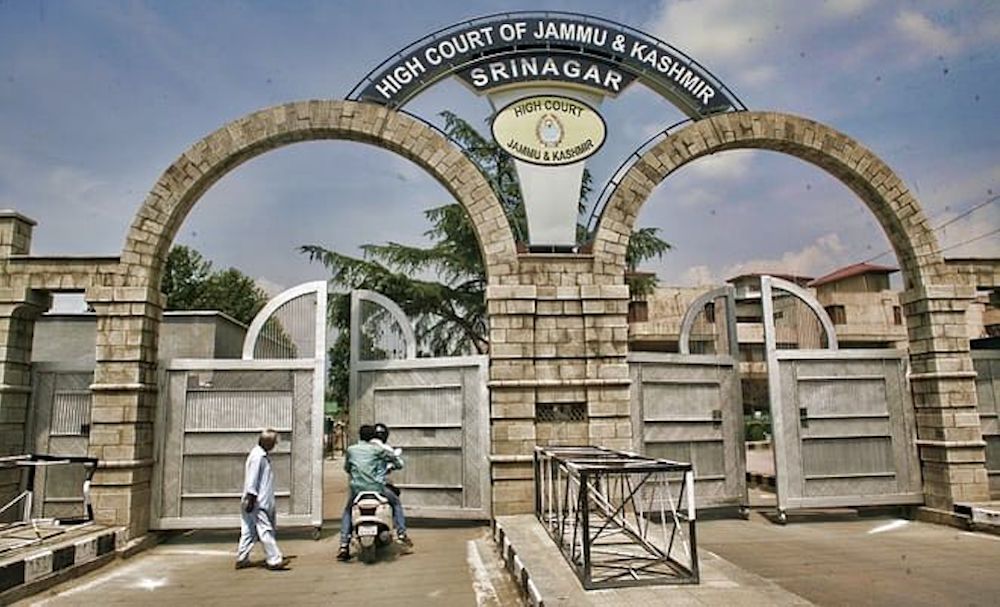Savvy Thakur
Published on: October 26, 2022 at 20:04 IST
The Jammu and Kashmir and Ladakh High Court recently upheld changes to the Jammu and Kashmir Reservation Rules, 2005, which gave “Pahari Speaking People” 4% of the seats in every service, class, category, and grade in the Union Territory’s services and posts.
According to the Court, an unaffected party cannot file a writ petition under Article 226 of the Constitution. Instead, only an aggrieved individual whose constitutional or legal right has been violated can do so.
Justice Sanjay Dhar issued the decision while dismissing a plea challenging a government statutory order that led to the passage of an amendment that also granted Pahari-speaking people Scheduled Tribe status on the basis of a government-appointed committee of experts.
As a result of the petitioners’ challenge to the constitutional validity of the statutory order in question and the petition’s involvement with issues of general public importance, counsel for the petitioners argued that the petition raises significant constitutional issues.
He argued that anyone can use Article 226 to raise issues of public importance because of its broad scope.
Respondent Government Advocate Suraj Singh and Deputy Solicitor General of India Vishal Sharma objected to the plea by stating that the petition cannot be maintained in accordance with Article 226 of the Indian Constitution.
Justice Dhar ruled on the matter, noting that the petitioner was not an affected party and that a third party with no connection to the case has no standing to file a petition under Article 226 unless the case is framed as a public interest case.
“The petitioners have not disclosed in any way how they are harmed by the challenged statutory order, nor have they disclosed which of their legal rights have been harmed by the challenged action of the respondents. As a result, the petitioners are not entitled to a writ of mandamus or writ of certiorari against the respondents because they do not meet the definition of “aggrieved persons.”
They have not even stated in the petition that they are submitting it in the interest of the public.
“As a result, the current petition cannot even be considered a petition in the public interest,” the Court stated.
The bench also noted that if the actual individuals who have been harmed are ignorant, illiterate, etc., if they are unable to do so, but a non-partisan individual approaches the Court, the Court may investigate the matter.
The Court stated in its judgment, “The Court can exercise the writ jurisdiction at the instance of a third party only when it is shown that legal injury is threatened and the affected class of persons is unable to approach the Court due to their poverty etc., even in cases filed in the public interest.”
The bench relied on Jasbhai Motibhai vs. Roshan Kumar, Haji Bashir Ahmed, and Others to support the aforementioned position in which the Supreme Court ruled that an applicant must typically have a personal or individual right to the subject matter of the application in order to have the locus standi to invoke the extraordinary jurisdiction under Article 226.
As a result, the Court disallowed the plea and gave the petitioners permission to file a public interest petition to address their concerns in the writ petition.

